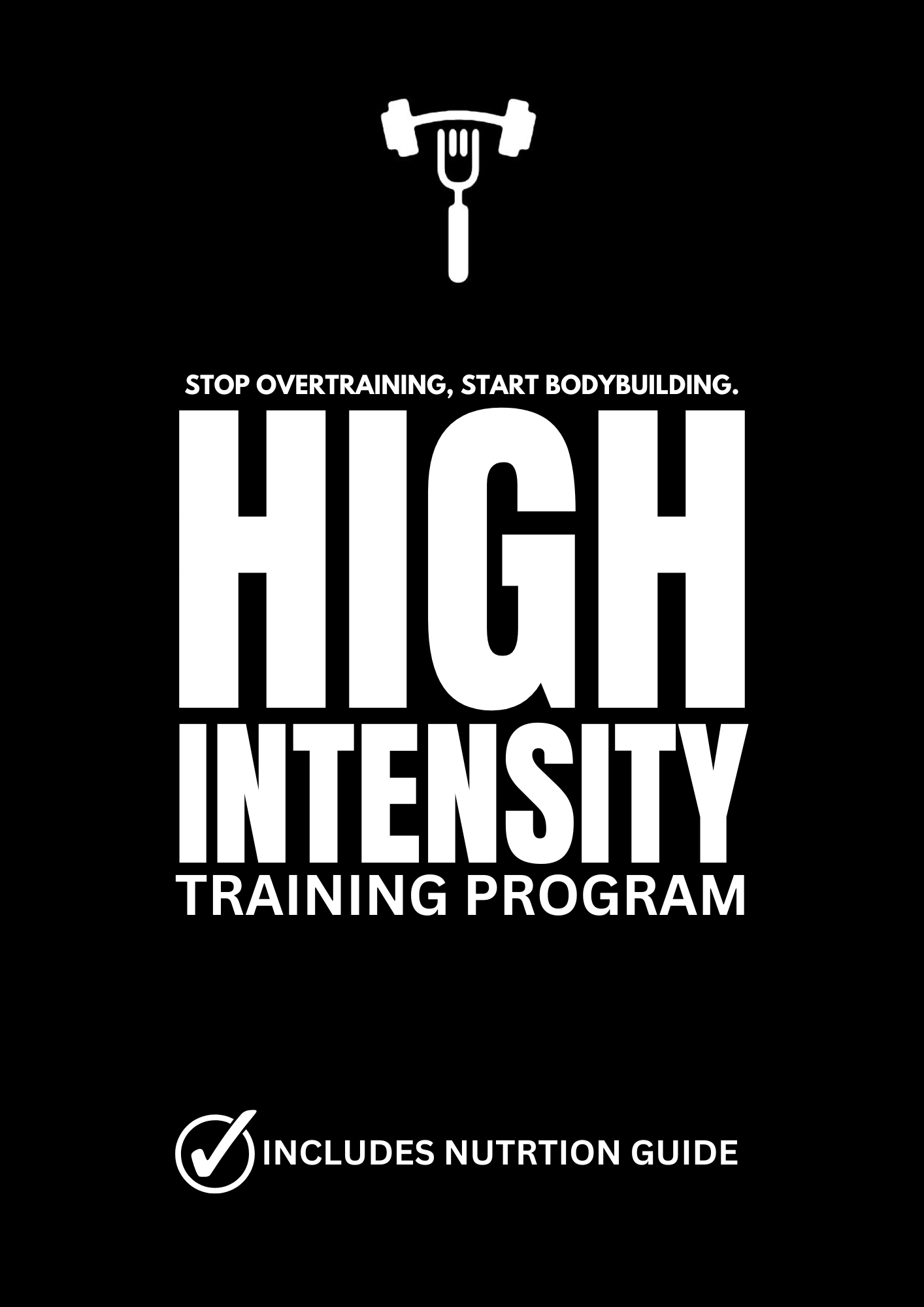High-Carb Intensity: Mike Mentzer's Approach to Fueling Your Workouts

In the pursuit of peak performance in high-intensity training, nutrition plays a pivotal role. Mike Mentzer, a renowned figure in bodybuilding and fitness, advocated for a macro balance that prioritizes carbohydrates to fuel intense workouts effectively. According to Mentzer, ensuring that 60% of your dietary intake consists of carbohydrates is essential for maintaining optimal glycogen levels in the muscles, which serve as crucial fuel during intense training sessions.
Understanding the Importance of Glycogen
Glycogen is the primary source of energy for high-intensity exercises, providing readily available fuel for muscles during strenuous activities. Depleted glycogen levels can lead to fatigue, reduced performance, and compromised muscle function. Therefore, maintaining adequate glycogen stores is imperative for individuals engaged in rigorous training regimens.Implementing Mentzer's Approach: Example Meals to Boost Glycogen Levels
To adhere to Mentzer's recommendation of consuming carbohydrates to sustain glycogen levels, individuals can incorporate nutrient-rich meals into their daily diet. Here are some example meals designed to provide approximately 50 grams of carbohydrates every two hours, thereby supporting glycogen replenishment:
Breakfast (7:00 AM):
- Oatmeal topped with sliced bananas and a drizzle of honey
- Whole-grain toast with avocado
- Greek yogurt with berries
- Glass of orange juice or apple juice
Mid-Morning Snack (9:00 AM):
- Whole-grain crackers with hummus
- Fresh fruit salad (e.g., apples, grapes, oranges)
- Energy bar with oats and dried fruits
Lunch (12:00 PM):
- Quinoa salad with mixed vegetables and grilled chicken
- Whole-wheat wrap filled with lean turkey, lettuce, and tomato
- Brown rice bowl with stir-fried tofu and broccoli
- Sweet potato wedges with a side of steamed greens
Afternoon Snack (3:00 PM):
- Sliced carrots and cucumber with hummus dip
- Trail mix containing nuts, seeds, and dried fruits
- Rice cakes topped with almond butter
Pre-Workout Meal (5:00 PM):
- Whole-grain pasta with marinara sauce and lean ground turkey
- Baked potato with a sprinkle of cheese and steamed broccoli
- Fruit smoothie made with yogurt, spinach, and mixed berries
Post-Workout Snack (7:00 PM):
- Protein shake blended with banana and oats
- Whole-grain toast with peanut butter and sliced strawberries
- Cottage cheese with pineapple chunks
Conclusion
Incorporating Mike Mentzer's nutritional principles into your diet can help optimize glycogen levels, enabling you to sustain high-intensity training sessions with enhanced energy and performance. By prioritizing carbohydrates and consuming meals rich in nutrient-dense sources, individuals can support their muscle building goals and achieve peak performance in their training endeavors.

